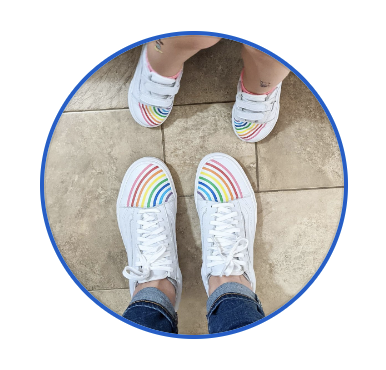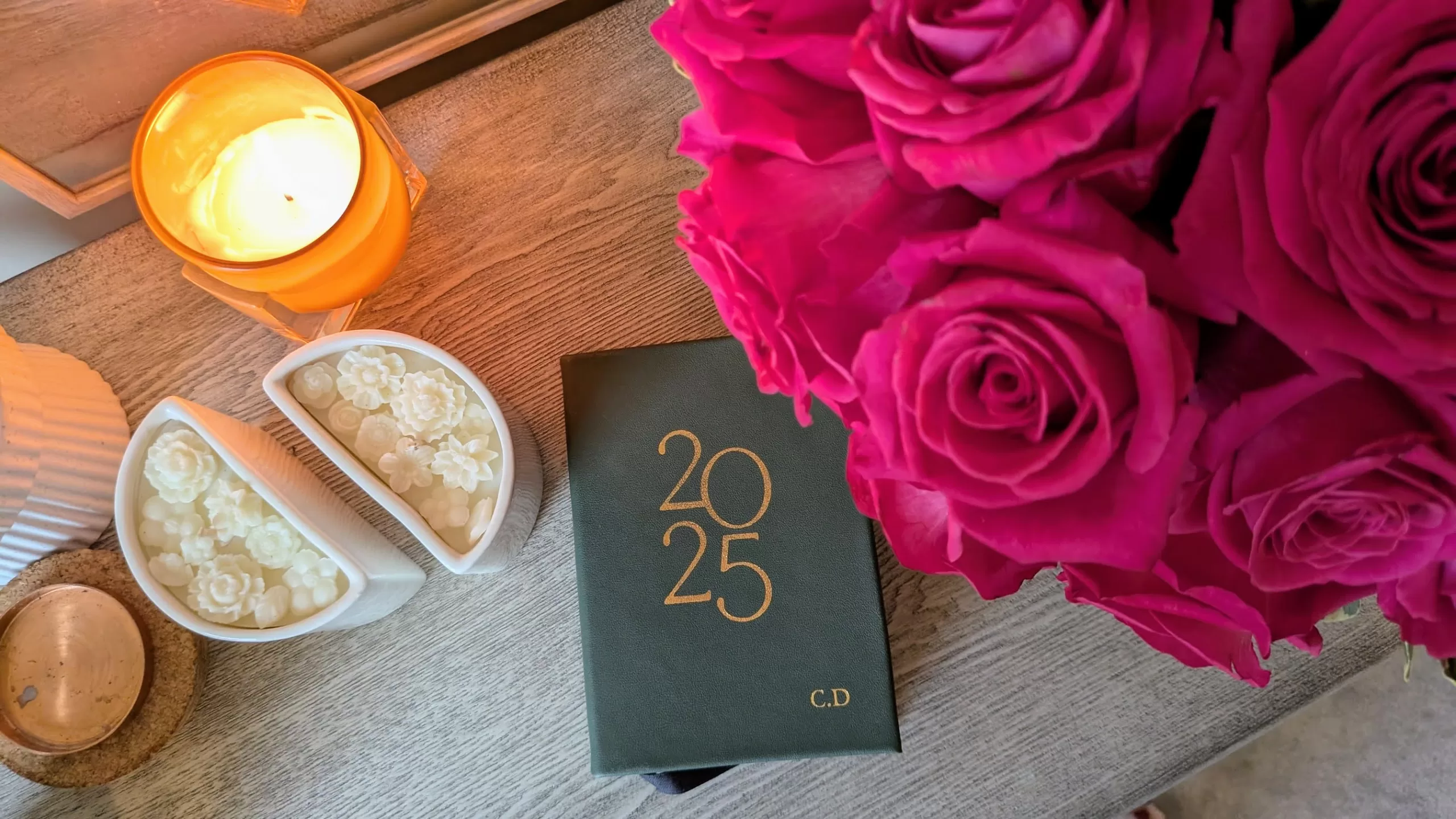This post may contain affiliate links. Every link is hand-selected by our team, and it isn’t dependent on receiving a commission. You can view our full policy here.
With mortgages rates the lowest they’ve been in more than a decade, it seems like everyone’s got their eye on real estate (myself included). Nate and I have talked about buying a rental to serve as an Airbnb for the past few years, and over the past few months, we’ve finally committed seriously to the search. That said, demand seriously exceeds supply right now, especially outside of densely populated cities, so you have to act fast on anything that hits the market. (No joke—houses are going into contract within 48 hours in a lot of places.) We’ve been trying not to get so into the “make an offer!” frenzy that we make rash decisions.
So, to keep ourselves in check—and avoid wasting time on houses that won’t work for us—I’ve been swearing by this three-part check on any homes we see online. I do these things before reaching out to our agent to see the house; while agents will help you with this info, they all have disclaimers that it’s ultimately up to you, as a buyer, to confirm everything. (And as someone who worked with an agent once who confidently assured us a whole lot of lies, this legwork is worth it.) Trust but verify.
Once You See a Home Listing You Like, Check This…
- What are the Rental Requirements?
Yes, Trulia and other apps often list if there’s a minimum rental requirement, but that doesn’t tell you the full story—and sometimes, it’s inaccurate. It’s worth checking to see if there are any state or city laws preventing short-term rentals (like Airbnbs) first. Some cities will require a minimum rental period, depending on how the home’s zoned, or for anyone living in an “incorporated” part of the city.
Even if you’re in the clear on that front, your next step is checking to make sure the home doesn’t have a Home Owners Association (HOA) rule that prevents rentals.
As we looked in Florida, we found many cities have a 30- or 42-day minimum on rentals, and if you’re caught breaking those rules, you face a steep fine. Not worth it. - Is It in a Flood Zone?
This is particularly important for beachy rentals, or in places with low sea levels (ahem, most of Florida). Your flood zone can have a huge impact on your insurance costs, which may not necessarily be reflected in the “monthly payment” estimates offered on real estate websites. We saw a house we loved that we thought was in an X zone—so no flood insurance was needed—but it turned out to be AE, which meant we’d wind up paying an extra $4,000ish a year in flood insurance alone. The house was already at the top of what we were willing to pay, so ultimately, we decided against making an offer. (Realtor.com makes it very clear what flood zone a home is located in, but you can also check FEMA.) - What Does the Property Appraiser Have to Say About This?
Your county’s property appraiser website is the most useful tool you have, outside of the MLS real estate listings. If the website is fairly well maintained, you should be able to use it to search by street address, pulling up the home you’re interested in, so you can get a sense of what taxes will look like, and find out whether the house is homesteaded or has any other protections that make the taxes much lower for the current homeowner than they would be for you. Your real estate agent can help you make sense of this, but it’s always good to check for yourself.
The property appraiser’s website is also a great way to view recent permits for major home improvements.- Real-life ex: One listing claimed a home had a new roof, which the real estate agent confirmed…only for the permit to reveal the roof cost $2,400. A roof will often cost $15,000 or more. Something didn’t add up. When pressed, we learned the “totally new roof” was just the back porch. The rest was about two years away from needing to be replaced. The home inspector would’ve caught this, but it was helpful information to have before spending $400 on an inspection. (Yes, you can negotiate home costs with the seller post-inspection—and you should!—but in our case, this info was the tipping point that made us walk away from a listing.)
Photo: Birgit Loit/Unsplash




